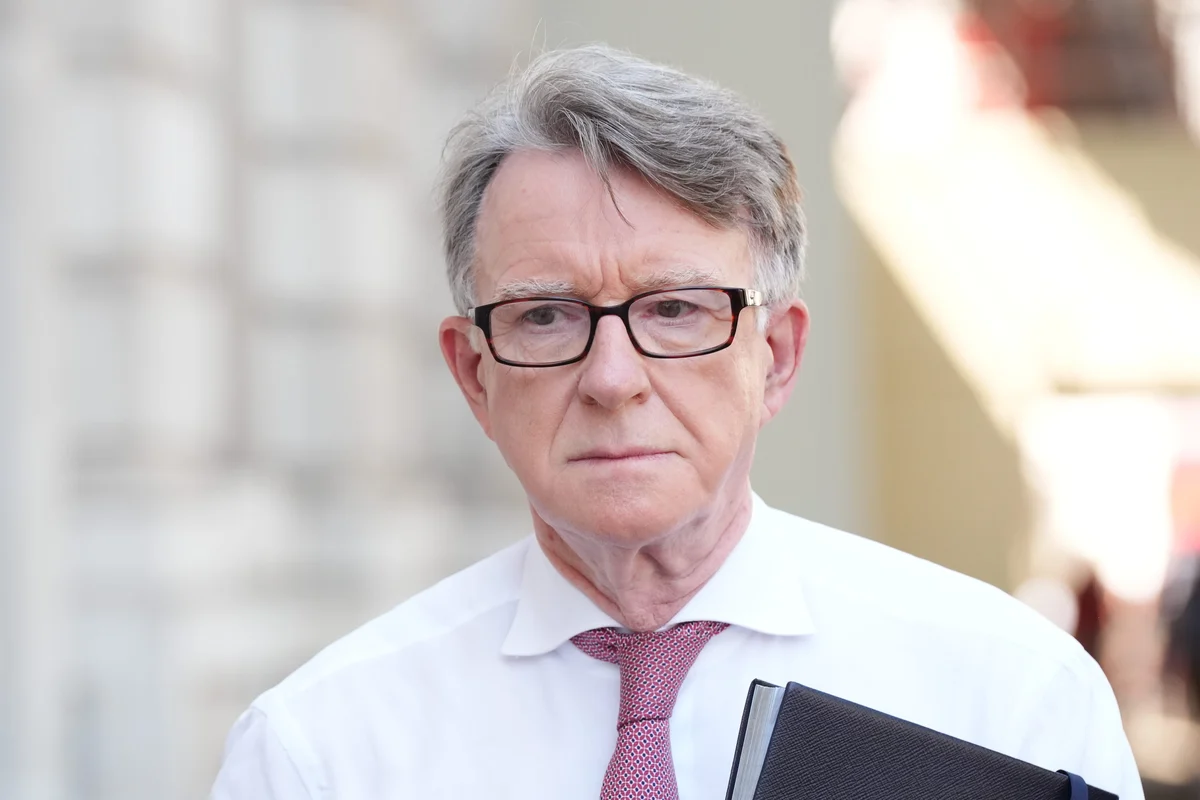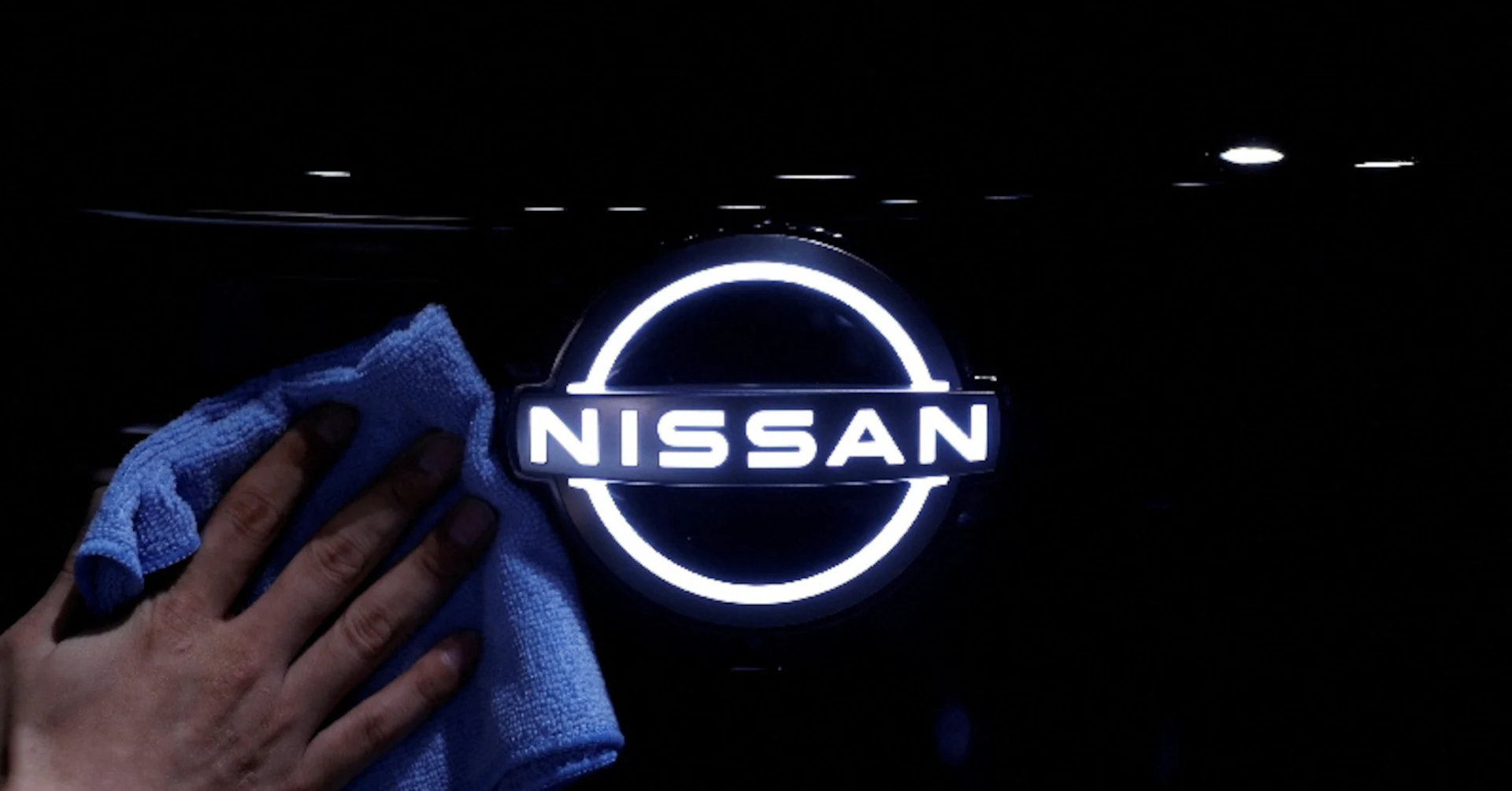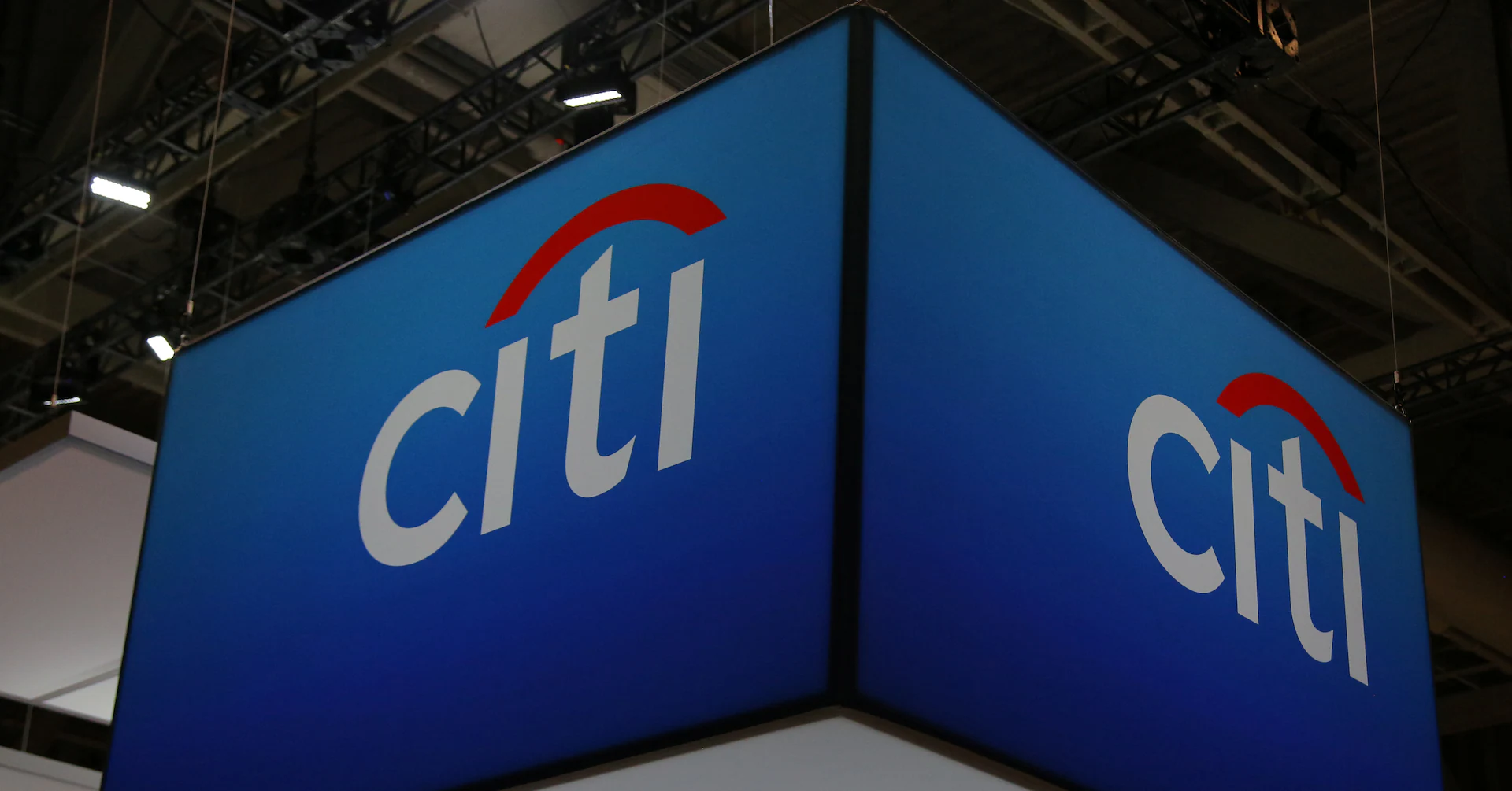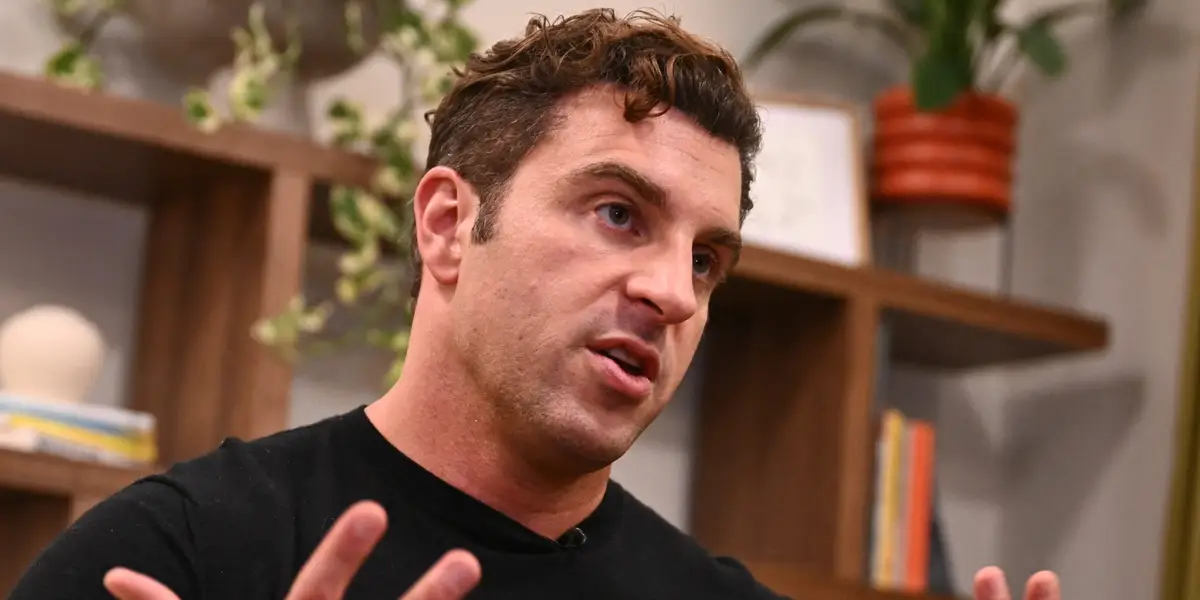Linda McMahon is dismantling the Education Department – but first she’ll help make school ‘patriotic’ again
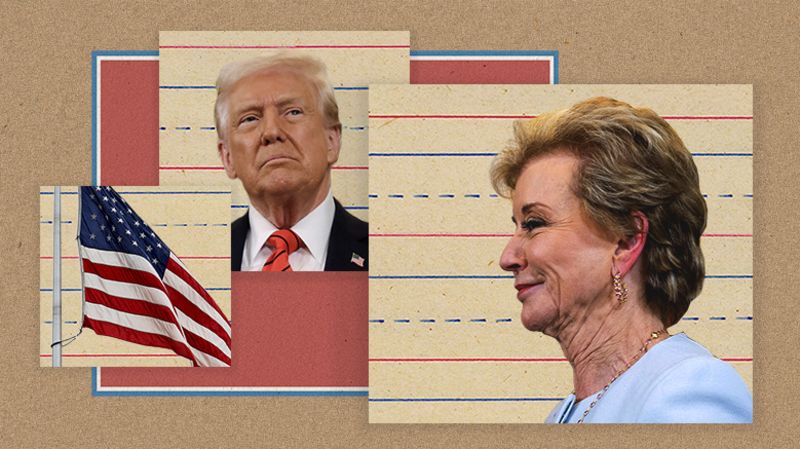
Linda McMahon, the US education secretary, has a uniquely fateful task: President Donald Trump wants her to be the last person ever to run the agency he’s long sought to dismantle.
Yet even as she has been executing the president’s vision, cutting jobs and moving core functions of the Department of Education to other parts of government, she is seeking to put a MAGA-inspired stamp on public schools, at the behest of the president.
Under McMahon, the department is moving to protect prayer in public schools and tie funding to “patriotic” curriculums.
Separately, the agency announced that it would partner with conservative organizations, including Turning Point USA and the America First Policy Institute, to promulgate “civic education” in schools, including with a 50-state tour, lectures and summits for teachers as part of an initiative leading up to celebrating America’s 250th anniversary next year.
“It’s a weird position to be in to get rid of this agency but also use all the powers of this agency to fulfill all their other goals,” a Department of Education employee who has worked for four previous education secretaries said. “It’s confusing because they are trying to use the agency to achieve certain goals and cultural things.”
Several sources who work or have worked at the agency under McMahon told CNN that many employees see her as a figurehead who carries out Trump’s directives, with apparently little interest in education itself. She is rarely seen at its Washington, DC headquarters, some said. The half-dozen sources who spoke to CNN asked not to be named for fear of retaliation.
There is a tension between what the Trump administration says it wants — the dismantling of the Department of Education and a return of control to the states — and its “aggressive” use of the agency to achieve other cultural goals, said Jon Valant, director of the Brown Center on Education Policy at the Brookings Institution.
McMahon, who declined to speak to CNN, has admitted that her marching orders are often a surprise even to her.
“He’s always a step ahead of everybody else in what he’s thinking,” McMahon said of Trump earlier this month at an event in Michigan. “You’ll be sitting in a meeting with him, and he will make an announcement to the press about something that suddenly you’re going to be in charge of doing, and you are hearing about it at the same time the press is.”
McMahon, the good soldier
In the past, education secretaries have taken on big initiatives that go on to define their tenure. Arne Duncan became known for Race to the Top; Betsy DeVos, for school choice; and Margaret Spellings, No Child Left Behind.
McMahon does not come to the job with an extensive background in education. While she briefly served on the Connecticut school board, she is more well known for her decades leading the World Wrestling Entertainment alongside her husband, Vince McMahon. During Trump’s first term, she served as his Small Business Administrator.
Critics both inside and outside the Education Department say the singular initiative McMahon has taken on is to execute on what Trump wants.
“I can’t tell you what her guiding principle is, she just seems to be more of a direction taker,” one agency employee in Washington, DC, told CNN. The person quipped that the only times they’ve seen McMahon talk about her agency are when she’s on the news or when she testifies before Congress.
One rare event she tried to hold with staff — an ice cream social in August — had to be scraped after a suspicious package shut down doors to the building, preventing McMahon from being able to enter and meet with staff. But it has not been rescheduled, this person said.
Another source, the long-serving agency employee, said: “I don’t get the sense that she understands a lot of what’s going on from her congressional testimony, to talking about A1 sauce and all of that,” referring to a moment in April when McMahon seemed to confuse AI — Artificial Intelligence — with A1, the steak sauce.
When asked about internal criticism, the White House and the Education department pushed back — listing what they say are McMahon’s top accomplishments in delivering on Trump’s priorities.
“Secretary McMahon is fearlessly spearheading President Trump’s bold mission to dismantle the failed Department of Education and hold elite universities accountable for allowing discrimination and harassment to plague their campuses,” a White House spokesperson told CNN.
“Secretary McMahon is successfully returning education back to the states where it belongs, restoring fairness, merit, and safety in our schools, and putting the academic needs of students first,” the spokesperson added.
The Department of Education pointed to McMahon’s support for school choice, resumption of collections on defaulted federal student loans after a five-year hiatus and combating antisemitism, among other achievements.
The department has used funding as leverage in the president’s quests, such as by threatening financial consequences against colleges and universities for alleged antisemitic harassment and discrimination on campus.
Earlier this month, after Trump alleged that students were being “indoctrinated with anti-religious propaganda” at school, he announced the Department of Education would issue new guidance on school prayer. A spokesperson for the agency told CNN that it “looks forward to supporting President Trump’s vision to promote religious liberty in our schools across the country.”
Funding threats have been deployed in K-12 education – albeit with a lighter touch than in higher education battles that have seen some universities lose hundreds of millions of dollars in funding.
Encouraging AI in education — a priority Trump has asked for through executive order — “workforce readiness” and school choice are among other priorities the department has said could be considered for grant-making decisions for K-12 education.
And earlier this month, in line with the president’s goal to promote “patriotism” in education, the Department of Education announced it would also seek “to promote a civic education that teaches American history, values, and geography with an unbiased approach” in the grants-allocating process for schools.
These moves have been met with antipathy from some within the agency. The federal government is prohibited by law from any direction or control over curriculum in public schools, yet, as the long-serving employee put it: “They have no right to control curriculum, but they are doing that by basically holding funding hostage.”
Jonathan Zimmerman, a professor of education at the University of Pennsylvania, says there is a contradiction and irony to the moves McMahon is making.
“It’s worth asking why the same government is cutting the Education Department because it doesn’t think the feds should have a hand in education should at the same time be creating curriculum for schools,” he said.
The Department of Education disputes that this is its goal.
“Local schools and communities — not bureaucrats in Washington, DC — should decide how to educate their kids and spend their dollars,” Savannah Newhouse, the spokesperson for the Department of Education, told CNN.
“The Trump Administration is empowering them to do just that by expanding school choice, reducing burdensome requirements, and ultimately returning education to the states.”
Reshaping futures
Outside of using the department’s grant funding, there is an independent initiative to bolster civic education ahead of America’s 250th birthday in 2026—another area where the president has taken a deep interest.
The newly announced project is billed as a partnership between the Department of Education and some 40 outside conservative organizations, led by the America First Policy Institute — a think-tank aligned with President Trump — and is “dedicated to renewing patriotism, strengthening civic knowledge, and advancing a shared understanding of America’s founding principles in schools across the nation.”
The project is in its infancy, according to Erika Donalds, AFPI’s co-chair for the initiative, but aims to deliver “results in policies and curriculum and training” for teachers and grant decision-makers that will “move the ball forward in ensuring that civic education on par in terms of priority with reading and math.”
Donalds cast the initiative as “more of an open dialogue than it is a prescription of how to do this,” with the Department of Education taking the lead on producing content and resources for teacher training. She denied that it would set curriculums.
The partners who are currently part of that dialogue have all evinced one very clear point of view, however. Turning Point USA says its education arm is “dedicated to RECLAIMING the education of our children, REVIVING virtuous education focused on truth, goodness, and beauty, and RESTORING God as the foundation of education.”
Hillsdale College, a liberal arts Christian college, offers courses that aim to, among other things, give “insight into the nature of God and man,” and PragerU, a conservative publisher of educational materials, says its aim is to combat “the dominant left-wing ideology in culture, media and education” with its course material.
Donalds, who has recently spent time with McMahon on a 50-state tour, praised the secretary as approaching the job as a business executive. “I’ve observed her to be just very bought in to this mission and the mantle that she’s been given both to dismantle the Department of Education get rid of the bureaucracy… but also in the process of doing so highlight these great things that are happening in education,” she said.
“What the Department of Education is today is fundamentally unlike what it was like 12 months ago, and that’s an astonishing statement to make about a half-century-old federal entity,” said Rick Hess, director of education policy studies at the American Enterprise Institute, a right-leaning Washington think-tank.
“Somehow they’ve managed to push the biggest changes in a half century to the department and get remarkably little blowback on the secretary.”
